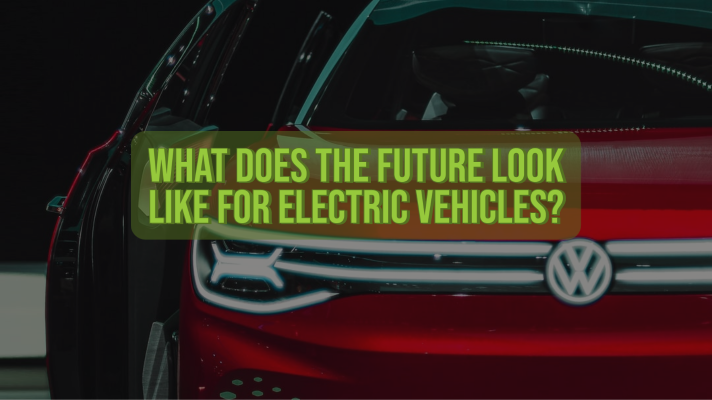What Does The Future Look Like For Electric Vehicles?
Electric vehicles are already taking the world by storm and it is only 2020. According to Next Green Car, “Registrations for pure-EVs in the first eight months of 2020 [were] up 112% compared to 2019.” The UK is set to soon start banning the buying and selling of brand-new petrol and diesel cars. This includes hybrids. Other countries are also considering adopting these policies. When this will occur is still somewhat uncertain, however. Manufacturers will thus be forced to begin developing more EVs that are still as practical and cost-effective as their petrol and diesel predecessors.
Here is a list of a few features to expect to see in the future of electric vehicles.
Improved Batteries
Batteries are the most essential aspect of electric vehicles. Over the years, the time taken to charge has been shortening at the same rate as the distance an EV can drive has been increasing. Most EVs can now stomach a 200-mile distance on just one charge. Some Tesla models can even hit just over 400 miles on a single charge. Furthermore, German company Innolith AG has announced that it is working on a battery that could drive an EV a magnificent 620 miles.
Wireless Charging
Wireless charging is familiar for newer mobile smartphones and is coming to EVs sooner than you may think. This would include parking your car onto a pad that will be under the road and will charge your EV without having to plug anything in. This could even lead to dynamic charging which is the ability to charge an EV as it is driving. Watch this space!
Hydrogen Fuel-Cell Power
Hydrogen fuel-cell power is where a fuel cell will combine with hydrogen as well as oxygen to create electricity. This chemical reaction allows electrical power to be used to power cars. Manufacturers such as Toyota, Honda and Hyundai have invested lots into this industry. Hydrogen-powered vehicles can improve the charging with AFC Energy releasing hydrogen-powered rapid charging. However, there are a few issues on how hydrogen can be safely stored.
Delivery Vans
With the pandemic dominating our lives, more people than ever are choosing to buy their shopping and necessities online. Fuel is expensive for companies to deliver goods, but electric delivery vans could save lots of money. They won’t be affected by all the clean air zone restrictions that occur in cities and that are generally much cheaper to run. They will require less looking after and servicing too.
Download a guide!
Tags : 2020, batteries, charging, Delivery vans, electric cars, electric vehicles, EV, EV batteries, ev charging, Future, Hydrogen fuel-cell power, Mile range, Range, Wireless charging

